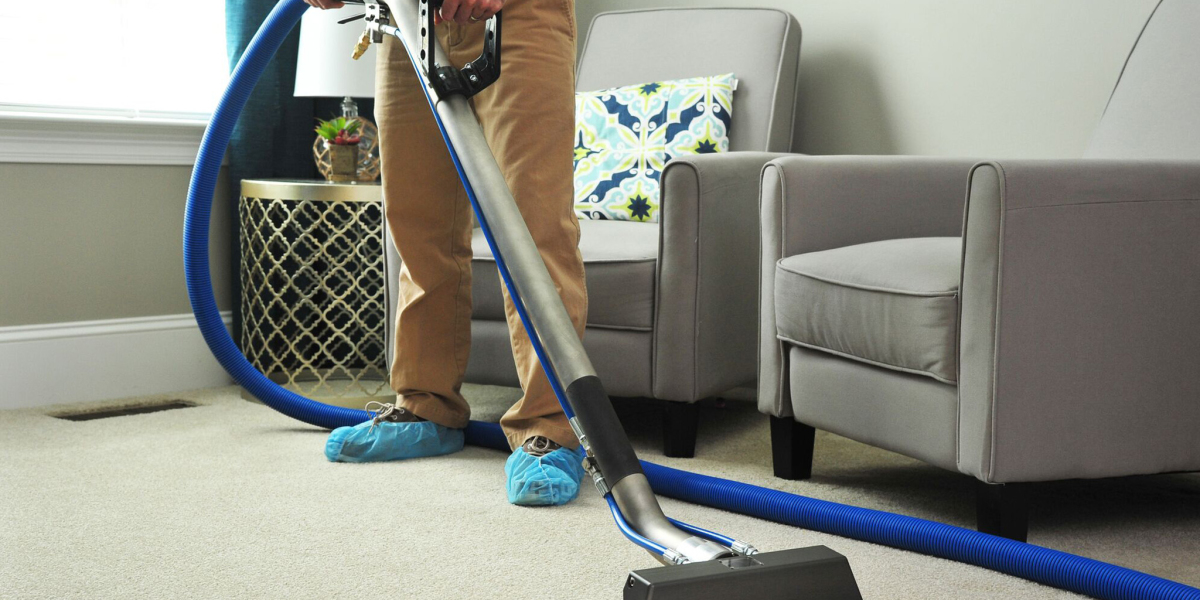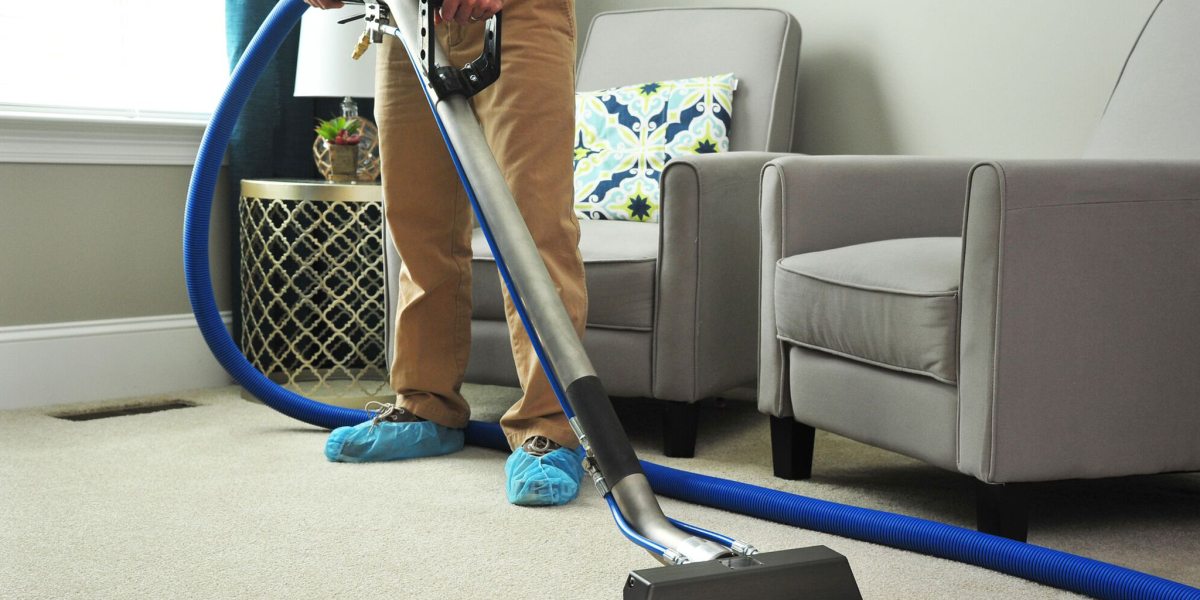In recent years, Fensa (the Fenestration Self-Assessment Scheme) has made significant strides in enhancing the standards of home improvement, particularly in the installation of windows and doors. Established in 2002, Fensa has played a crucial role in ensuring that installations comply with building regulations, thereby protecting homeowners and promoting high-quality workmanship. This article delves into the advancements Fensa has made, highlighting its impact on the industry, the benefits it brings to consumers, and how it continues to evolve in response to changing demands.
One of the most notable advancements within Fensa is its commitment to improving compliance and transparency in the fenestration sector. With the increasing complexity of building regulations, Fensa has adapted its framework to provide clearer guidance for installers and homeowners alike. The introduction of an online portal has streamlined the process for both registered installers and consumers, allowing for easier access to information and documentation. Homeowners can now verify the credentials of Fensa-registered installers, ensuring that they are working with qualified professionals who adhere to the highest standards. This transparency not only fosters trust between consumers and installers but also raises the overall quality of installations across the board.
Moreover, Fensa has embraced technological advancements to enhance its services. The implementation of digital tools and resources has made it easier for installers to stay up-to-date with the latest regulations and best practices. Through webinars, online training modules, and a comprehensive resource library, Fensa empowers its members to continually improve their skills and knowledge. This commitment to education is crucial, as it ensures that installers are well-equipped to meet the evolving needs of homeowners and comply with the latest building standards.
In addition to improving installer education, Fensa has also taken significant steps to promote energy efficiency within the fenestration industry. With growing concerns about climate change and energy consumption, Fensa recognizes the importance of promoting products that enhance energy performance. The organization has introduced initiatives aimed at encouraging the use of energy-efficient windows and doors, which not only benefit the environment but also help homeowners save on energy bills. By providing guidance on energy ratings and the benefits of double and triple glazing, Fensa is playing a pivotal role in fostering a culture of sustainability within the home improvement sector.
Furthermore, Fensa has expanded its reach beyond just windows and doors, now encompassing a broader range of home improvement products. This expansion reflects the changing landscape of home improvement and the need for a comprehensive approach to quality standards. By including a wider variety of products under its umbrella, Fensa is better positioned to address the diverse needs of homeowners and ensure that all aspects of home improvement meet stringent quality and safety standards.
Another significant advancement is Fensa's focus on consumer protection. The organization has implemented a robust complaints and resolution process, allowing homeowners to voice their concerns and seek recourse if they encounter issues with their installations. This proactive approach to consumer protection not only enhances the credibility of Fensa-registered installers but also provides homeowners with peace of mind, knowing that there is a system in place to address any potential problems. By prioritizing consumer rights, Fensa is fostering a culture of accountability within the industry.
In terms of collaboration, Fensa has actively engaged with other organizations and stakeholders to promote best practices and share knowledge. By partnering with industry bodies, https://wakelet.com/wake/6E0wuYCaDaIP7nTZBnZak trade associations, and government agencies, Fensa is working to create a unified approach to home improvement standards. This collaborative effort ensures that the interests of homeowners, installers, and the broader community are considered in the development of regulations and standards. Such partnerships also facilitate the sharing of insights and innovations, which can lead to further advancements in the industry.
As Fensa continues to evolve, it is also focusing on the importance of customer feedback and market research. By actively seeking input from homeowners and installers, Fensa can better understand the challenges and opportunities within the market. This feedback loop allows the organization to adapt its services and initiatives to better meet the needs of its members and the wider community. By prioritizing customer-centric approaches, Fensa is ensuring that it remains relevant and effective in an ever-changing landscape.
Looking ahead, Fensa is poised to play a critical role in shaping the future of home improvement standards. With the increasing emphasis on sustainability, energy efficiency, and consumer protection, Fensa's initiatives are likely to become even more vital as the industry navigates these challenges. The ongoing development of digital tools, training resources, and collaborative efforts will further enhance Fensa's ability to support installers and homeowners alike.
In conclusion, Fensa has made demonstrable advances in the home improvement sector, establishing itself as a leader in promoting quality standards, compliance, and consumer protection. Through its commitment to education, transparency, and collaboration, Fensa is not only improving the fenestration industry but also empowering homeowners to make informed decisions about their home improvements. As the organization continues to adapt to changing demands and embrace new technologies, it is well-positioned to lead the way in ensuring that the highest standards are maintained in home improvement for years to come.







